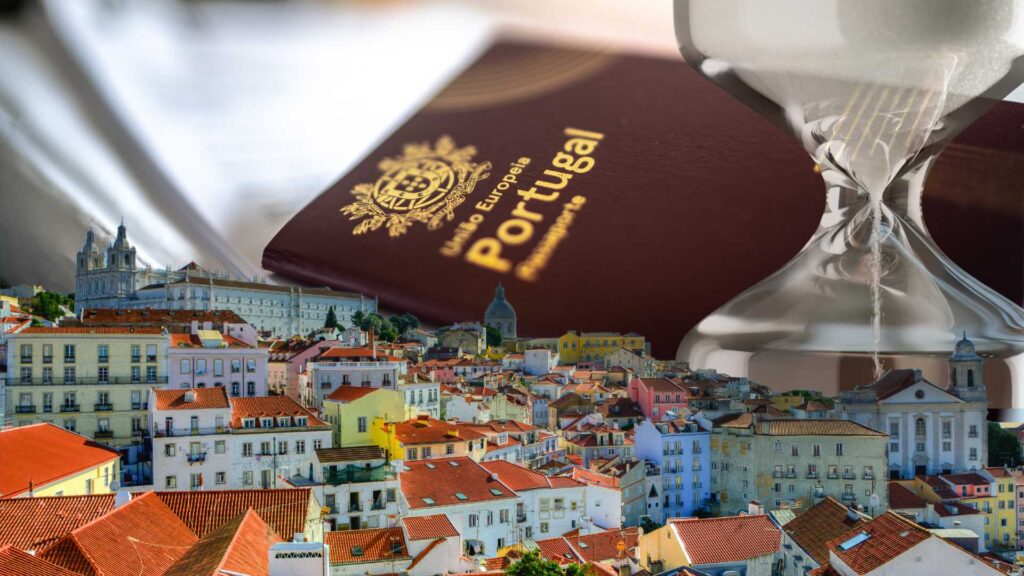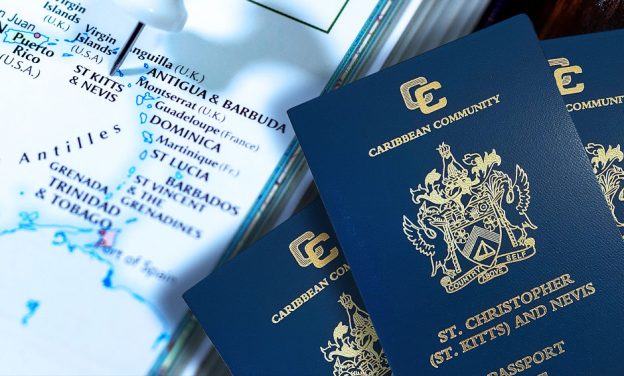The Portugal Golden Visa remains one of the most sought-after residency-by-investment programs in the world—but recent headlines have raised questions about its long-term future. A new proposal by Portugal’s center-right government suggests increasing the residency requirement for citizenship from five years to ten. For global investors eyeing a second passport in Europe, this has triggered a wave of speculation, confusion, and in some cases, unnecessary panic.
Let’s cut through the noise.
Here’s what’s actually happening, what isn’t, and why the Portugal Golden Visa still offers a highly strategic path to European residency and beyond.
Portugal’s Proposed Citizenship Reform
Portugal’s government recently introduced a proposal that, if passed, would dramatically reshape how long foreign residents need to live in the country before becoming eligible for citizenship. Under current law, most foreign nationals can apply for citizenship after five years of legal residency. The new measure would increase this requirement to ten years for most applicants, or seven years for those from Portuguese-speaking countries like Brazil or Angola.
The proposal doesn’t stop there. It also introduces stricter criteria—such as requiring a clean criminal record, cultural integration tests, and a declaration of support for democratic values. Under previous rules, individuals with minor criminal records could still apply; under the new system, that flexibility would disappear.
While this represents the most restrictive naturalization proposal Portugal has considered in decades, it’s important to note: nothing has been approved yet. The legislation still needs to be formally submitted, debated, and passed by a two-thirds parliamentary majority—a high bar that often results in major revisions or delays.
So what does this mean for Portugal’s Golden Visa?
Why the Portugal Golden Visa Stands Apart
First, a critical distinction: Portugal’s Golden Visa operates under its own legal framework. It was created in 2012 to attract foreign capital, and while it has evolved over time, its core benefits remain intact. These include the ability to live, work, and study in Portugal—and travel throughout the Schengen Area—by making a qualifying investment.
Perhaps most important to global citizens: Golden Visa holders are not required to live in Portugal full time. The program allows for just seven days of stay per year to maintain residency, making it ideal for investors who want a European foothold without uprooting their life.
Historically, Golden Visa residents have been able to apply for citizenship after five years, just like other legal residents. But the difference is in the lifestyle flexibility—and the investment structure—which makes this route particularly appealing for high-net-worth individuals.
The recent citizenship proposal, while headline-grabbing, makes no explicit mention of the Golden Visa. That omission matters. Investment-based residency programs like this one have always been carved out from broader immigration law in Portugal—and there’s strong reason to believe that any final legislation will maintain this distinction.
Portugal’s Political Climate and Investor Sentiment
It’s no secret that immigration has become a central topic in Portuguese politics. The foreign-born population has tripled since 2019, and with it, the political conversation has shifted. A growing opposition party has made stricter immigration controls a key talking point, and this proposed citizenship reform reflects that broader trend.
But here’s the thing: investor migration isn’t what’s driving public concern.
Most political pressure is aimed at unregulated or overstayed entries—people arriving on tourist visas, working under the table, and later applying for naturalization. The Golden Visa, by contrast, is a highly structured, tax-contributing, transparent pathway. It attracts individuals with proven financial means and has generated billions in foreign investment.
Which is why even as Portugal discusses tightening immigration, it continues to promote the Golden Visa as a legitimate vehicle for attracting global capital.
If anything, recent commentary from government insiders suggests that instead of phasing the program out, Portugal may look to enhance it—possibly through new tax incentives or streamlined processing, especially as they work to resolve backlogs with AIMA, the country’s immigration agency.
What Investors Should Be Doing Now
So, is now the time to wait or act?
Here’s the reality: waiting could cost you.
Whenever governments propose reforms—especially those that take months or years to implement—there’s a window of opportunity to get in under the current rules. Investors who apply before legislation is passed often get grandfathered in, preserving their access to more favorable conditions.
That may mean a five-year citizenship clock instead of ten. It could also preserve current family reunification rules, which the government is also proposing to tighten—requiring two years of residency before sponsoring family members and limiting family reunification to minor children.
At Apex Capital Partners, we’ve seen this pattern before. Legislative uncertainty drives hesitation, and then—as soon as the rules change—there’s a rush to the door. Early applicants benefit from speed and flexibility, while late movers face new restrictions.
Portugal is not closing its doors. It’s adjusting its long-term naturalization strategy in response to political and demographic pressure. But the Golden Visa, with its distinct structure and clear economic value, is unlikely to be significantly impacted—and may even be improved.
The Portugal Golden Visa: A Strategic Second Residency with European Access
For investors thinking globally, the Portugal Golden Visa still offers a unique combination of benefits:
- Visa-free access across the Schengen Area
- Flexible residency requirements (7 days/year)
- Path to permanent residency in 5 years
- Potential for citizenship (pending legal timelines)
- A stable investment environment in the EU
Even with citizenship timelines potentially shifting, the foundational benefits remain. And those who aren’t focused on a second passport as their primary driver still get the strategic value of European residency, access to world-class healthcare, education, and lifestyle.
In 2024, Portugal issued nearly 5,000 Golden Visas—a 72% increase from the year before. That growth doesn’t happen by accident. It’s a signal of continued investor trust in the system, and confidence that Portugal will continue to offer one of the most attractive residency-by-investment options globally.
What to Expect from The Portugal Golden Visa Legislative Process
Let’s be clear: the proposed citizenship reform is not a done deal. It still needs to go through multiple readings in Parliament, survive committee scrutiny, pass with a two-thirds majority, and receive presidential approval. At any point, the bill could be revised, delayed, vetoed, or referred to the Constitutional Court.
In Portugal, immigration and nationality legislation often goes through months of negotiation. What starts as a sweeping proposal often emerges as something far more moderate.
That’s why the current environment is one of opportunity—not retreat. The window is open, the framework is intact, and the smartest investors are those who understand that strategic action, not reaction, delivers results.
Why Portugal Still Makes Sense in a Changing World
Around the world, countries are reevaluating their Golden Visa and investment migration programs. Spain has shut down its real estate-based visa entirely. Greece and Malta have raised investment thresholds. Cyprus has become more restrictive.
Portugal, despite political shifts, remains a standout.
Its residency program is structured, affordable, and flexible. It allows families to plan for the future without making drastic lifestyle changes today. And it still sits at the heart of Europe, offering geographic, economic, and cultural access that is hard to match.
No program stays the same forever—but the best ones evolve without losing their core value. The Portugal Golden Visa is doing just that. The citizenship rules may change, but the opportunity remains.
For those seeking optionality, diversification, and a long-term play in Europe, the message is simple: act before the rules change. Secure your position now, and protect your freedom for the next generation.






